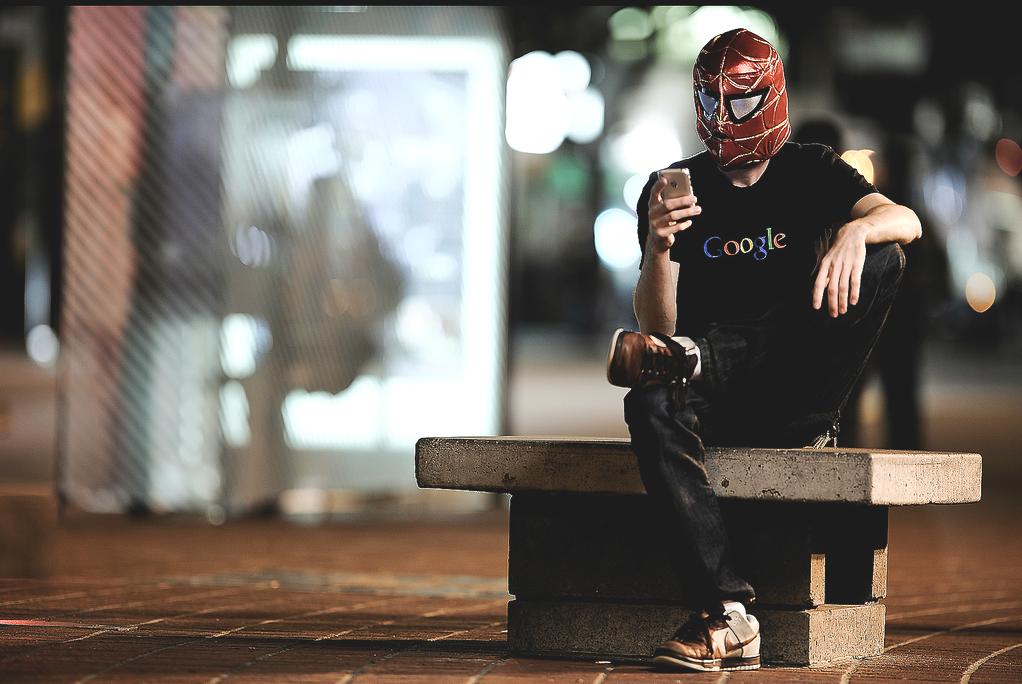Is Google a publisher? This is the question that has puzzled me for the past week after reading a fascinating piece in the Independent last Saturday, which documented a series of legal battles the Silicon Valley giant is embroiled in. The central issue is whether the humble search engine – so humble that it is now worth a reported $247.2 billion (£153.8 billion) and handles more than 100 billion search queries each month, commanding more than 90 per cent of the search market – can absolve itself of any responsibility for the content that it aggregates.
My view is that Google is more than just a "host" as one person claims in the comments at the foot of the article. The company is using an algorythm – their criteria – to determine what is relevant to a given user. They may not be content creators for the purposes of producing a list of search engine results, but they are curators nonetheless. And just like any other company that presents a selection of media to the public they must be held to account for the choices that they make. There must be due diligence.
I can't help but sympathise with Mr Zagallo in the following extract:
"Brazil has been a particularly turbulent market for Google, with more demands for content to be removed from the website than in any other country. This week Jose Guilherme Zagalio, the head of a commission set up by the Brazilian Bar Association to investigate information technology, said: 'Our laws trying to govern the internet are outdated. It's not clear who is responsible for content, and that creates uncertainty.'"
To claim that Google is an intermediary and nothing more while it wields extraordinary power and influence over the business world is delusional. Google is a monopoly, plain and simple. Just because a peer-2-peer site or Torrent client is merely hosting content does not mean that the rights of those who hold copyright in the intellectual property being downloaded are not being infringed.
Let's say that I run a shop that supplies cheeses – I am not the producer – and they are the same variety of cheeses that are widely available around the city, that does not suddenly free me of responsibility to ensure the produce conforms to certain standards and laws. Information can be just as harmful to us as bad produce, remember. Granted, Google exists to 'serve up' more than one type of product, service or content, but my point still stands. WIth that level of resource and expertise to call upon they can and should be more accountable.
Those supporters who point to activits such as WikiLeaks founder Julian Assange and assert that freedom of information is absolute are really not considering the deeper issue. This is about more than investigative journalism and exposing corruption in government. There must be a check, independent or otherwise, on the mass dissemination of information.
The point about "a right to be forgotten" is an intriguing one. As everything moves on to the internet, in terms of tagging and geolocation, anonymity will be an almost absurd concept. If there is a right to privacy in Europe then is it unreasonable to assume that a person should be allowed to not be traceable online, a right that should certainly be enforced against the master gatekeeper of the internet? Even through an opt-out scheme, so as to make it feasible on policy grounds.
On a personal note, as both a fact-checking journalist and a deeply inquisitive guy, Google has been invaluable in providing answers to myriad questions I might have. A veritable window to the world. Connecting us, bringing us together, even. But with great power… Well, you know the rest.
I'd love to hear your thoughts…

